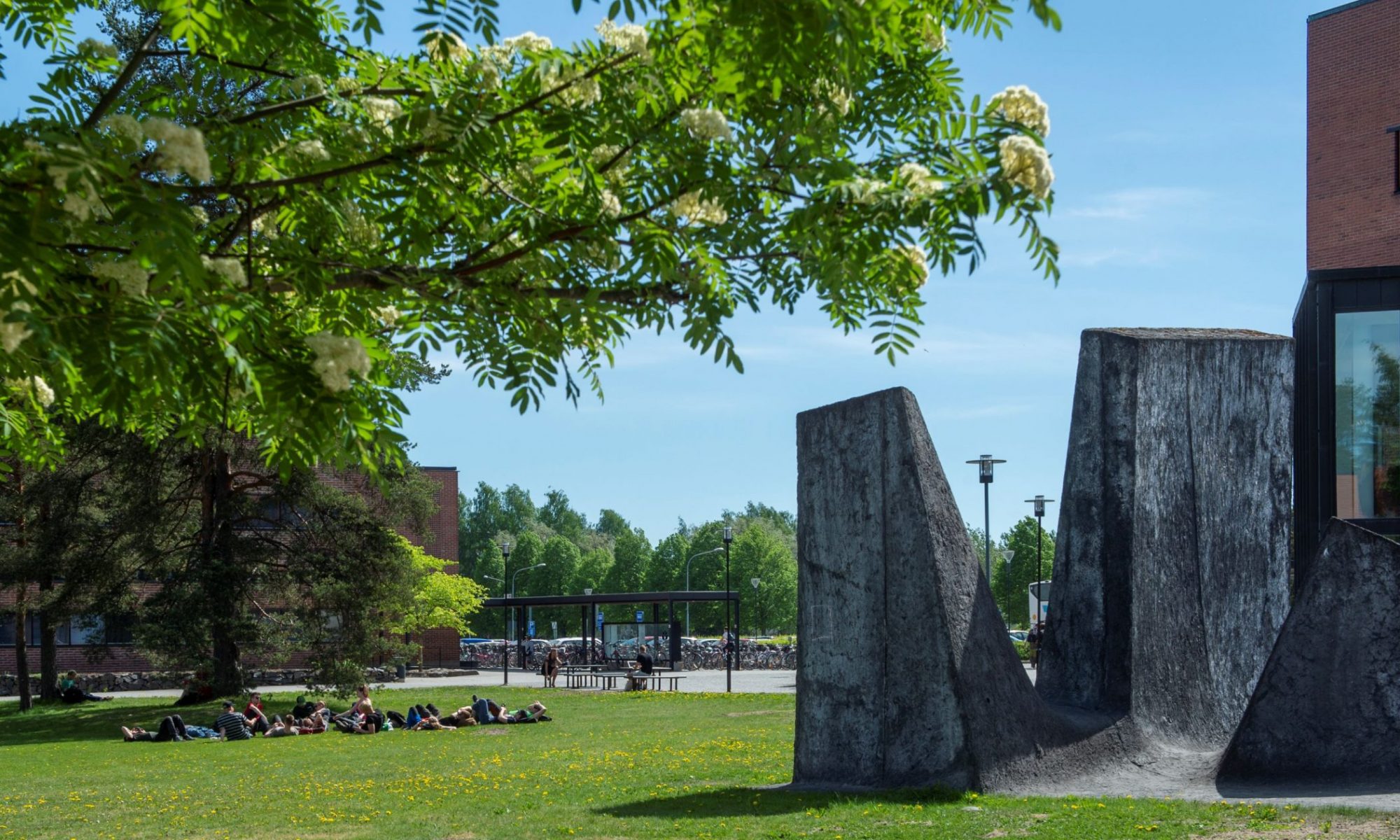Rethinking English modal constructions: From feature-based paradigms to usage-based probabilistic representations
Organizers: Ilse Depraetere, Bert Cappelle and Martin Hilpert
Description: The aim of this workshop is to compare and test different theoretical models for the analysis of the meaning of English modals: What makes speakers of English choose among the available modal verbs of possibility and necessity? What linguistic knowledge plays a role in this process? And which methodology is best suited to lay bare the mechanism at work? In other words, in this workshop, modal verbs are used as a test ground to investigate the overarching general question of the suitability and predictive power of specific theoretical models and methods.
Modal verbs have been analysed in different theories, ranging from e.g. formal-semantic approaches (Kratzer 1991, 2012), to cognitive-linguistic and frame-based (Talmy 1988, Langacker 2003) to descriptive (contrastive) corpus-linguistic analyses (Coates 1983, Palmer 1990, Westney 1995, Collins 2009), with attention to both synchrony and diachrony (Traugott and Dasher 2002, Bybee 2006, Narrog 2012) and variation (Hundt and Gut 2012, Collins 2015). There is a rich empirical literature, but existing research is often focused on one modal or a specific pair of modals (can and may, have to and must, should and ought to). What is lacking is a theoretically rigorous, more encompassing contrastive analysis of what motivates the choice between, for instance, the range of modal necessity verbs. In a similar way, the analyses are embedded in specific theories, which are often taken for granted: there has been only passing explicit motivation of the methodological and theoretical choices, their relative merits and shortcomings (Schmid 2010, 2016), and the potential of method/theory triangulation (Leclercq 2019).
This workshop will report on theoretical and empirical work on the appropriateness of specific theoretical models for the analysis of English modal verbs. This will include a presentation of the findings resulting from a Franco-Swiss funded project (ANR-16-CE93-0009 and FNS 100012L/169490/1), the aim of which was to fill the gap described by comparing, testing, and assessing methodologies: a basically feature-based approach, a Construction Grammar (Goldberg 1995, 2006, Hilpert 2019) and usage-based (Bybee & Hopper 2001, Bybee 2010) approach and a more exclusively data-driven approach (Marasović and Frank 2016, Linzen 2019) has been applied to an area of linguistics with very fine-grained meaning distinctions, with the overall aim of shedding light on more general questions with respect to method triangulation and predictive power. Rather than focusing on one modal verb at a time or comparing a pair of verbs, the methodologies presented in the workshop will be applied to the whole range of (mainly core) English modal verbs.
In other words, the fil rouge will be the question as to what different theoretical models can contribute to a better understanding of the use and speakers’ mental representation of modals. The methodologies used to test the approaches are corpus-based, experimental and computational, the main hypothesis being that speakers’ choice of modals is governed by probabilistic factors. The workshop will also zoom in on two theories of cognition between which there has been little contact (Construction Grammar and Relevance Theory), and assess how a combined approach can result in a richer understanding of the cognitive mechanism at work.
See here for references.
Abstracts
Click here for the book of abstracts.
Program:
| 10:00 – 10:30 | Ilse Depraetere, Bert Cappelle and Martin Hilpert
Introduction |
| 10:30 – 11:00 | Benoît Leclercq
A new model for the analysis of modal meaning: a theoretical bridge between Construction Grammar and Relevance theory |
| 11:00 – 11:15 | Break |
| 11:15 – 11:45 | Cyril Grandin, Bert Cappelle and Ilse Depraetere
Possibility modals: which semantic and pragmatic conditions make them possible? |
| 11:45 – 12:15 | Ilse Depraetere, Bert Cappelle, Cyril Grandin and Benoît Leclercq
Necessity modals and the role of source as a predictive factor |
| 12:15 – 12:45 | Susanne Flach and Martin Hilpert
Modals in the network model of Construction Grammar |
| 12:45 – 2:00 | Break |
| 2:00 – 2:30 | Susanne Flach, Bert Cappelle and Martin Hilpert
You must/have to choose – how speakers decide between near-synonymous modals. Convergent evidence from psycholinguistics |
| 2:30 – 3:00 | Natalia Grabar, Bert Cappelle, Ilse Depraetere, Cyril Grandin and Benoît Leclercq Modals as a predictive factor for L2 proficiency level |
| 3:00 – 3:15 | Break |
| 3:15 – 3:45 | Mathieu Dehouck and Pascal Denis
Revisiting modal sense classification with state-of-the-art language models |
| 3:45 – 4:30 | Discussant Bernd Kortmann |

